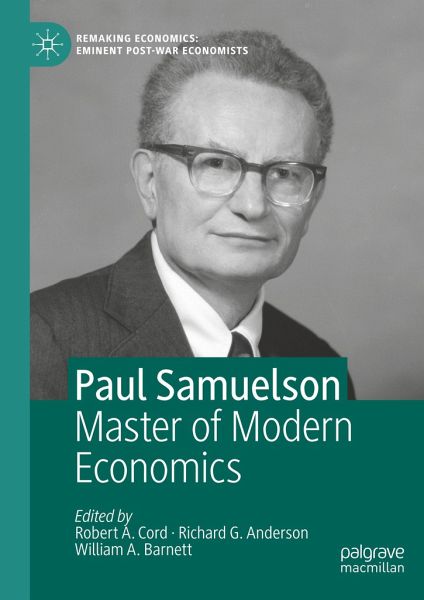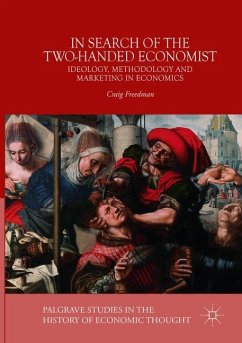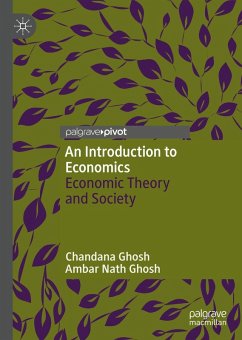
Paul Samuelson
Master of Modern Economics
Herausgegeben: Cord, Robert A.; Anderson, Richard G.; Barnett, William A.

PAYBACK Punkte
113 °P sammeln!
A significant part of economics as we know it today is the outcome of battles that took place in the post-war years between Keynesians and monetarists. In the US, the focus of these battles was often between the neo-Keynesians at the Massachusetts Institute of Technology (MIT) and the Chicago monetarists. The undisputed leader of the MIT Keynesians was Paul A. Samuelson, one of the most influential economists of the 20th century and arguably of all time. Samuelson's output covered a vast number of subjects within economics, the quality of theseoften pioneering contributions unmatched in the mo...
A significant part of economics as we know it today is the outcome of battles that took place in the post-war years between Keynesians and monetarists. In the US, the focus of these battles was often between the neo-Keynesians at the Massachusetts Institute of Technology (MIT) and the Chicago monetarists. The undisputed leader of the MIT Keynesians was Paul A. Samuelson, one of the most influential economists of the 20th century and arguably of all time. Samuelson's output covered a vast number of subjects within economics, the quality of theseoften pioneering contributions unmatched in the modern era.
The volume focuses both on how Samuelson's work has been developed by others and on how that work fits into subsequent developments in the various fields of speciality within which Samuelson operated.
The volume focuses both on how Samuelson's work has been developed by others and on how that work fits into subsequent developments in the various fields of speciality within which Samuelson operated.












